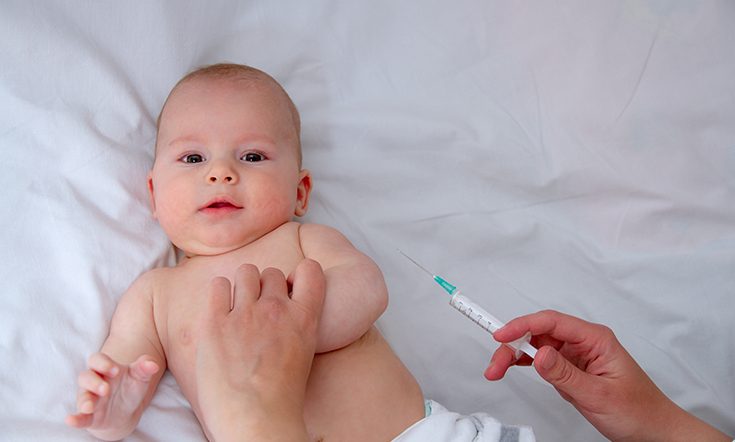

New Zealand is currently facing a measles epidemic – the worst they’ve seen for 22 years. So far this year, 849 cases have been reported, with almost a third appearing within the past two weeks, and the majority of them in Auckland.
If you’re planning to travel to or from New Zealand, please ensure that your family is immunised at least two weeks before. There’s nothing to stop an outbreak from occurring in Australia if the virus is brought in by unvaccinated people.
New Zealand Prime Minister, Jacinda Ardern is urging people to get vaccinated. She is quoted as saying on Radio New Zealand: “I’m worried about those who choose not to be vaccinated, it is the most important thing we can do to prevent the spread of an outbreak like this so again we just encourage everyone to make sure that they are vaccinated.”
Who is most at risk during an outbreak?
During an outbreak, anyone who hasn’t been immunised is at risk (according to the Royal Children’s Hospital):
- Babies under 12 months, who are too young to be immunised
- Immunocompromised (have a weakened immune system because of medications or illness)
- Children
- Pregnant women
- People born during or after 1966 who have not had measles or who have not had two doses of the measles vaccine
When is the measles vaccination given?
In Australia, the MMR vaccination is given to all children at 12 months, and a second dose (MMRV) is given at 18 months, according to the Royal Children’s Hospital. These vaccinations cover measles, mumps, rubella, and chickenpox.
What is measles?
Measles is a highly contagious virus that causes a fever and a distinctive rash, which is spread through droplets from coughing or sneezing. Symptoms can take 10-12 days once exposed to the virus, so it could be spread before the person is aware that they have it. It starts with cold-like symptoms, including fever, cough, runny nose, and lethargy before a red and blotchy rash appears.
If you plan to travel with your baby (who is too young for the vaccination) try to avoid people and places linked to measles during an outbreak. Consider delaying travel because measles can be very severe in infants. Pregnant women should have already been vaccinated against measles, and therefore protected against the disease.























